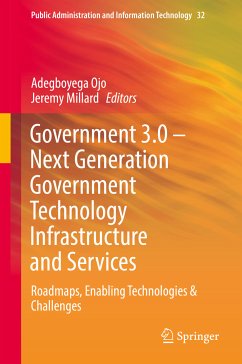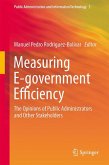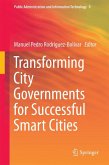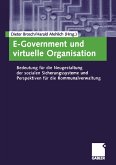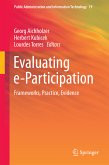nness of governments through the adoption of these new innovations. The goal is for technology policy makers to engage with the visions of Government 3.0 . Researchers should be able to critically examine some of the innovations described in the book as the basis for developing research agendas related to challenges associated with the adoption and use of some of the associated technologies. The book serves as a rich source of materials from leading experts in the field that enables Public administration practitioners to better understand how these new technologies impact traditional public administration paradigms. The book is suitable for graduate courses in Public Sector Innovation, Innovation in Public Administration, E-Government and Information Systems. Public sector technology policy makers, e-government, information systems and public administration researchers and practitioners should all benefit from reading this book.
Dieser Download kann aus rechtlichen Gründen nur mit Rechnungsadresse in A, B, BG, CY, CZ, D, DK, EW, E, FIN, F, GR, HR, H, IRL, I, LT, L, LR, M, NL, PL, P, R, S, SLO, SK ausgeliefert werden.

